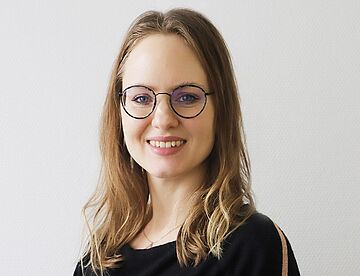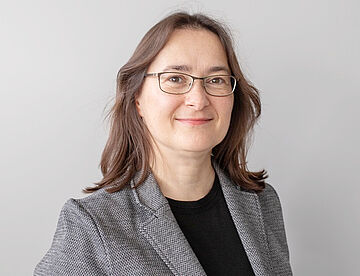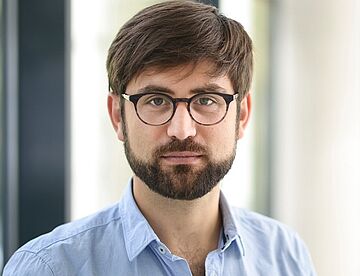Effects of Digital Segregation
News repertoires, conspiracy beliefs, democratic attitudes, and political engagement of alternative media audiences
Background
This project provided a meta-analysis of developments in research on conspiracy theories and their role in public discourse (especially in social media). Previous research suggests that various conspiracy discourses, as well as the political actors and media that disseminate such narratives, are highly interconnected. Social media platforms (e.g. Facebook and YouTube) and messengers (e.g. Telegram) are used intensively to spread these narratives.
Contrary to widespread fears, however, these developments have not led to a rift in the middle of society, at least in Germany, but to a (self-)segregation of small, radicalized groups on its fringes. These groups are particularly susceptible to foreign influences and are the main targets of Russian propaganda, which has long used conspiracy theories as the most important instrument for spreading its influence abroad. In the planned project, a meta-analysis of research on this topic was carried out. From this, an online survey was developed to take a closer look at radicalized groups in order to better understand the links between their news repertoire (especially on digital platforms), their conspiracy beliefs, their susceptibility to propaganda, their democratic attitudes and their political engagement.
Objectives
The research objectives were:
- to identify the audience of alternative media based on their news repertoire,
- to investigate the extent to which this news repertoire differs from or overlaps with that of users of conventional media,
- to differentiate their attitudes towards current political crises (e.g. Russia's attack on Ukraine)
- and to determine the extent to which the use of alternative media is related to issue-specific forms of political engagement.



